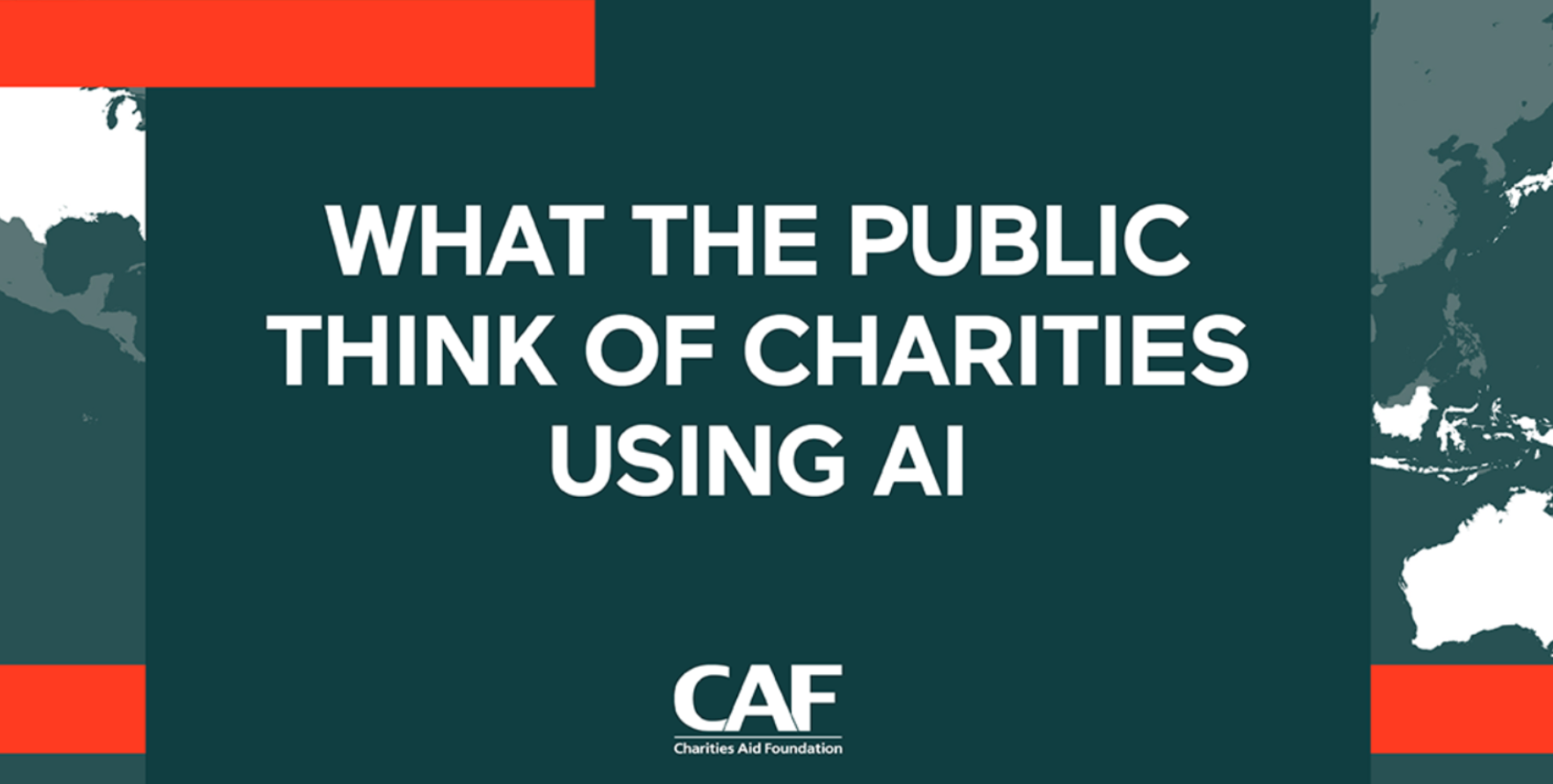
CAF Shares Findings from Its Research: What the Public Thinks of Charities Using AI
A survey conducted by the Charities Aid Foundation (CAF), involving over 6,000 individuals across 10 countries, reveals the opinions of donors and the general public regarding the use of AI by charitable organizations.
The study unveils both concerns and opportunities. While the majority sees more opportunities than concerns, there are worries about potential risks such as workforce reduction within organizations and data gaps. The vast majority (70%) believe significant or some effort should be made to make AI accessible to charities of different sizes, while only one-fifth (21%) believe no additional effort should be made.
Despite the concerns, the public recognizes AI’s potential to enhance disaster response and broaden the reach of humanitarian aid. However, there is a clear preference for initiatives that have a direct impact on those in need.
There is also a demonstrated need for transparent communication for greater reliability by stakeholders. When asked, «If a charity you support were using AI, how much attention would you pay to what they publicly say about how they are using it?» only 13% said not much or none at all.
This study marks the beginning of a deeper analysis of AI’s implications for charitable organizations. Although AI presents challenges, such as the risk of biases, there is clear potential to enhance the efficiency and impact of charitable organizations. Transparency and communication will be key to gaining public trust and ensuring ethical and effective use of AI.
You can read the full report here.

